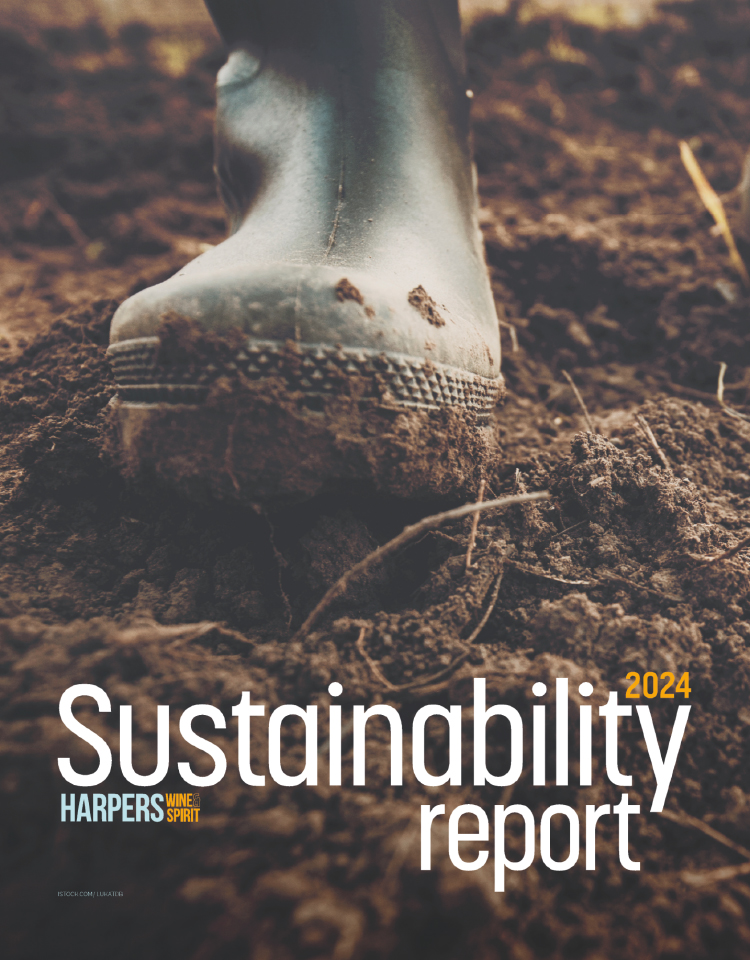
Tim Atkin MW: The problem with misplaced reverence and hallowed wines
It was a scary moment, at least in wine terms. There I was in the cellar at Domaine Leroy in Vosne-Romanée, tasting some of the most expensive reds on the planet. Meetings with Madame Bize are never relaxing. She combines hauteur with the ability to freeze a glass of Pinot Noir at 10 paces. People who have earned her displeasure are never granted access to her presence again.
We were 15 wines into the tasting when we got to the Corton Renardes. In my view, it was so badly reduced as to be unpalatable, at least at that moment. What to do? The great lady had put her nose in the glass and pronounced it “sublime”. If I disagreed, would she have her assistant escort me from the premises? I looked at him and decided, Lady Macbeth-like, to screw my courage to the sticking place.
“I think the wine might have a tiny note of reduction,” I said in my politest French. “Could we possibly try another sample.” The ensuing three seconds of silence felt like a minute. “I think you might be right, monsieur”, the assistant finally conceded. Madame Bize plunged her pipette into a different barrel.
- Read more: Tim Atkin MW – Moving away from ‘icons’
I tell this story because it illustrates the reverence with which most professionals, including wine writers, treat famous producers. But also to underline one of our greatest fears: that we will be denied access to their wines. Over dinner with the president of a Classed Growth Bordeaux château a few years ago, the name of a respected journalistic colleague came up. “He’s banned,” the president told me. The writer’s crime? He had penned something slightly critical about the château’s new Napa Valley venture.
So what happens when we encounter a reduced barrel of red Burgundy? Or worse, a vastly overrated bottle of arm-and-a-leg wine? Too many of us have what Germans call “scissors in the head”. That is to say that we censor our thoughts. We temper our criticisms, repeating the received wisdom about wine Y or Z.
Very few people dare to voice meaningful criticism of such brands. If they do, and they’re members of the Fourth Estate, they are often sent to the vinous equivalent of Coventry. Limoges perhaps? Or the Pas de Calais? It’s a fact that journalists need fine wine producers more than fine wine producers need us. There will always be someone else to give them a high score, someone else to supply an encomium, however vacuous.
↓
An easy ride
In short, I think a lot of famous – and invariably expensive – wines get an easy ride. My late father once told me about a well-known magazine editor who was not very good at his job. But the fact that he kept being given prestigious posts meant that people assumed he was, until he was found wanting again. He’d moved into a kind of elite comfort zone where he was all but untouchable.
When Henry Kissinger passed away recently, some of the statesman’s better lines were quoted in obituaries. I missed one of my favourites, however, which tells you a lot about Kissinger’s monstrous self-importance, but also contains a nugget of truth. “The nice thing about being a celebrity is that, if you bore people, they think it’s their fault.”
There’s sometimes an element of this at stake when we taste what are considered to be the world’s finest wines. If we don’t like something, or find it underwhelming, we assume that we, rather than they, have fallen short in some way.
The brilliant sommelier Gérard Basset once told me about a couple who came to Chewton Glen for their silver wedding anniversary. They ordered a bottle of 1961 Château Lafite. Basset was called away to deal with something at another table and left a younger colleague to serve the wine. Said colleague had left a small sample glass on the guéridon, so Basset tried it 20 minutes later. Egregiously corked! He approached the couple’s table, prepared to grovel, but first he asked them if they were enjoying the meal. They were indeed. And before he could mention the TCA-blighted Lafite, they enthused about the wine. It was the best thing they had ever drunk. I don’t blame the couple for not noticing the taint, or Gérard for not wanting to spoil their evening, but my guess is that they, too, had suspended their critical faculties to a degree. We expect, even feel obliged, to like things that come with vaunted reputations. But, irrespective of the consequences, we should speak out when they disappoint us.








